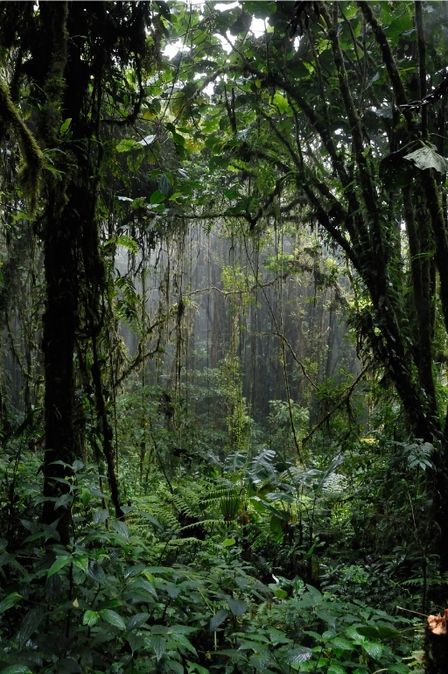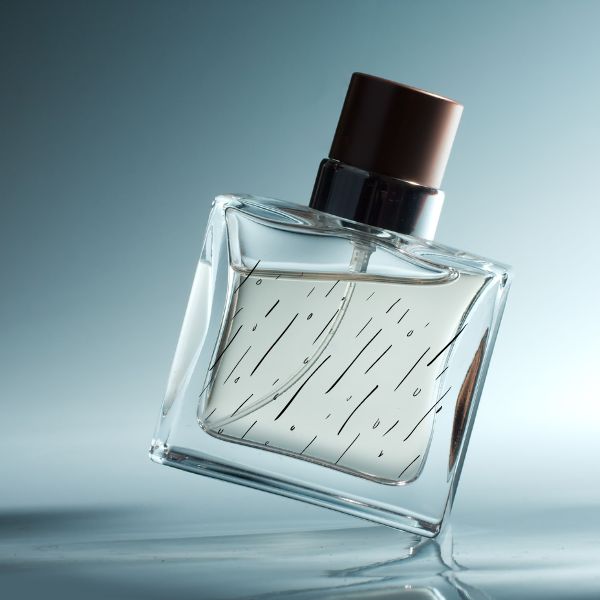Petrichor is the distinct smell created when rain falls on dry ground after a long period of warm and dry weather. Not every day do you experience the scent of a summer storm, but many don’t know that it has a name—petrichor. But what is petrichor, and how is it created?
This article will explore what petrichor is, what creates it, and why people find the scent so comforting.
Read on, and by the end of this article, you’ll understand what petrichor is and why it’s such an enjoyable scent for many.
What Is Petrichor?
Petrichor is derived from the Greek words’ petra’ (stone) and ‘ichor’ (the fluid that flows in the veins of gods in Greek mythology). It’s created when oils released by certain plants during dry times are drawn up through cracks in the ground and mixed with ozone molecules in the air.
The aroma of petrichor is what many people find so comforting and intriguing. It’s a pleasant smell that combines earthy and slightly sweet scents. People often describe the smell of petrichor as being like a mix of grass, damp soil, herbs, and moss.
The term “petrichor” was coined by Australian scientists back in 1964. They noticed the peculiar smell of rain after a long dry spell and wanted to name it. The name petrichor perfectly describes rain’s unique and earthy smell after a long dry period.
How Does Rain Create the Smell?
When rain falls on dry soil, it releases oils accumulated during warm and dry weather. These oils come from plants, fungi, and bacteria living in the soil. As rain falls, these oils are drawn up through tiny cracks in the ground, mixing with ozone molecules from the air. This mixture of oils and ozone molecules creates the unique smell of petrichor.
The exact composition of what makes up petrichor varies depending on what type of soil it is falling on.
For instance, if it rains on clay-based soil, it will create a different scent than if it rains on sandy or loamy soil. The types of plants thriving in each kind of soil also play an essential role in what type of petrichor will be produced: trees, grasses, flowers, mosses, mushrooms—the list goes on!
The smell created by petrichor also depends on what compounds are present in the atmosphere before rainfall. When warm temperatures combine with high levels of oxygen and nitrogen in the atmosphere before the rain, more complex and pleasant aromas tend to form during rainfall due to chemical reactions between atmospheric gasses and organic materials from living organisms in the soil.
Some researchers suggest that certain aerosols – tiny particles suspended in air – can contribute to what people perceive as petrichor’s pleasant smell.
These aerosols interact with water droplets in the atmosphere and release their components into rain clouds as they fall towards Earth’s surface. This means that even before rainfall occurs, there may already be traces of what we call ‘petrichor’ in the air!
The smell produced by petrichor has been studied extensively over the years, and scientists have identified what chemicals make up the distinctive scent. The most common molecules in petrichor include geosmin and other earthy-smelling compounds like rockyene, wet Earth aldehydes, and ozone.
What Causes Petrichor?
Ultimately what causes petrichor is a combination of several factors. Let’s take a closer look at what they are.
1. Lightning and Ozone
Lightning is an essential factor in the creation of petrichor. Lightning produces ozone, a form of oxygen with three atoms per molecule instead of two. Ozone has a distinct and sweet scent often associated with petrichor.
When lightning strikes, it creates an electrical charge in the atmosphere, which breaks down diatomic (two atoms) molecules of nitrogen and oxygen. These molecules are then rearranged to form ozone (O3) and nitric oxide (NO) molecules.
Rain droplets carry ozone molecules down to the ground, mixing them with oils from certain plants. This combination of ozone and plant oils causes petrichor to have its unique smell.
2. Plant Oils and Acids
During periods of dryness, certain plants release oils and acids to protect themselves from harsh conditions. These oils accumulate in the soil and can take on different aromas depending on what type of plant it comes from.
When the rain droplets containing ozone molecules reach the ground, they mix with these oils and create a new scent—petrichor! The combination of ozone and plant oils gives petrichor its unique aroma.
Palmitic acid and stearic acid are two common plant oils that can cause petrichor to smell earthy and slightly sweet. These oils are fatty acids (long hydrocarbon chains) from the leaves of certain plants.
3. Geosmin
Geosmin is a compound created by certain bacteria and gives off an earthy smell. It causes the distinctive “musty” odor in soil and makes petrichor unique.
This compound is released when Actinomycetes, a type of bacteria, break down organic compounds in the soil. When rain droplets fall to the ground, they mix with this compound and create what we know as petrichor.
The human nose can detect geosmin at concentrations as low as five parts per trillion. That’s like one drop of water in an Olympic-size swimming pool!
What Is Petrichor Fragrance?
If you love the smell of rain and wish to capture it in a bottle, then petrichor fragrance is what you are looking for! Many companies have distilled the natural scent of petrichor into an aromatic extract that can be used as a perfume or cologne.
Petrichor fragrances usually contain oils extracted from plants like geranium, oakmoss, and patchouli and have been found to evoke the same emotional response as smelling a genuine rain shower.
Thanks to petrichor fragrance, the unique scent of petrichor can be enjoyed without having to wait for the rain. With its earthy notes combined with hints of ozone and musk, petrichor fragrance allows us to experience that special moment after a good rainfall all year round!
Bottom Line
Now that you know what petrichor is and what creates it, you can appreciate the unique scent of a rain shower like never before! And if you ever want to experience the smell of petrichor without waiting for the rain, you can always try a petrichor-inspired fragrance.











